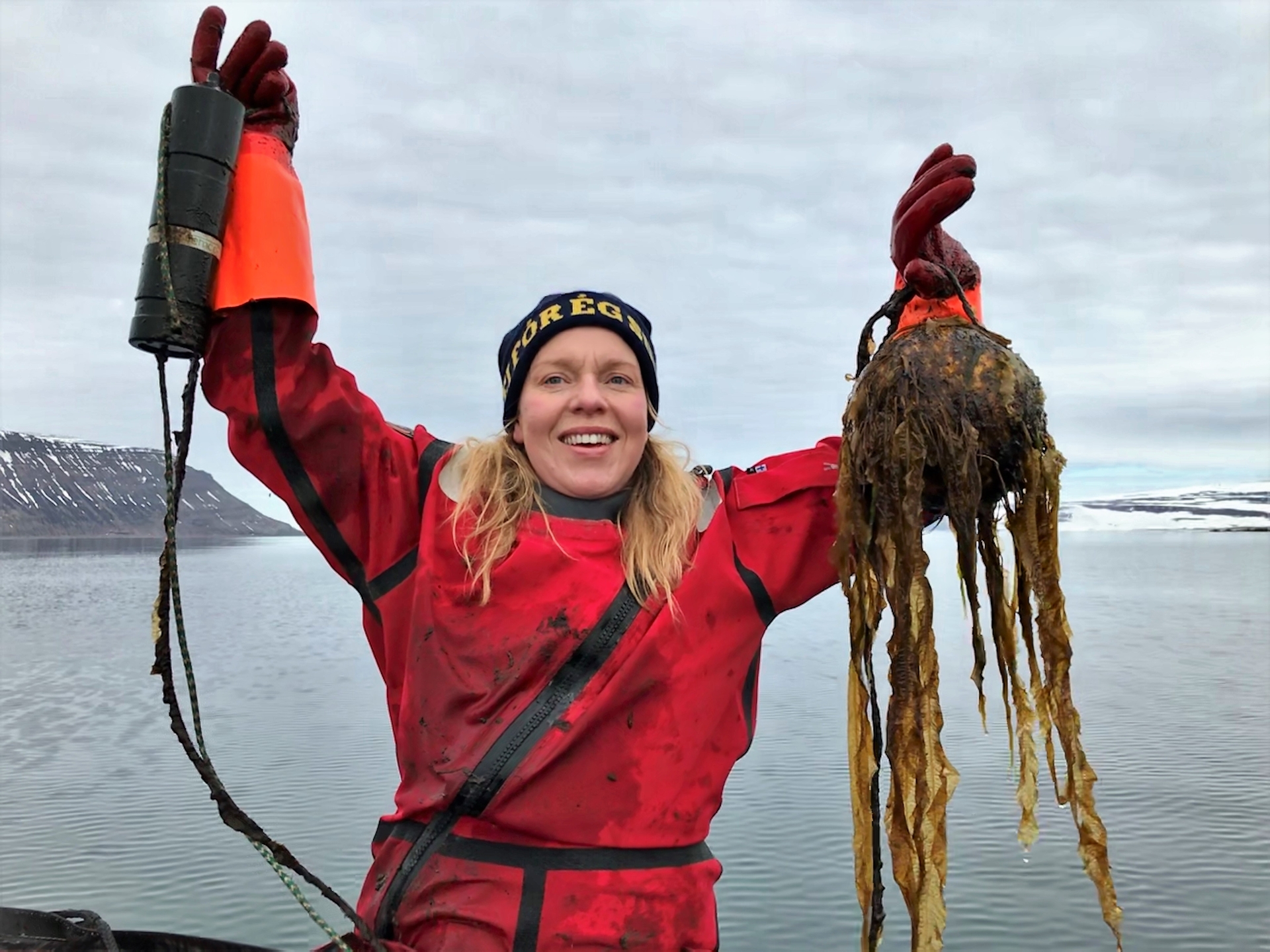The study of evolutionary ecology is about researching and understanding the impact of the environment on the evolution of organisms. Evolutionary changes can happen in populations and species due to the impact of the natural environment, e.g. the type of habitat or relationships between species, but also due to human structures and activities, e.g. fishing.
Evolutionary ecology therefore always assumes that the power of selection is at work on the individual and that the varying fitness of individuals can trigger changes to phenotype frequency within populations or species. These changes in phenotype frequency may be temporary, providing that genetic variation remains the same within the population, but may also become permanent so that changes to life cycle or traits continue to intensify and do not revert. In this way, new species may even emerge. Within some species, the genetic basis for more than one variation, e.g. variable migration types, is maintained without the types becoming genetically separate or ever evolving into different species. In recent years, people have become more aware of the importance of using evolutionary ecology in their approach to research on exploitable marine stock. For example, it has been demonstrated that pressures from fishing can cause evolutionary changes to the life cycle of fish, such as size at sexual maturity in common commercial marine species, and that sea lice can cause salmonids to spend shorter periods at sea.
The Centre's research projects in this area include a study into the flexibility of migratory behaviour in cod, looking at whether environmental factors in coastal regions can encourage changes to the frequency of migration types. A study into the impact of low species diversity on the chances for new species in Iceland, e.g. the flounder, to occupy a wider niche and undergo rapid evolutionary changes. The impact of man-made environments in littoral waters on the life cycles of fish and the impact of combinations of behaviour types within populations on the breadth of ecological niche.



